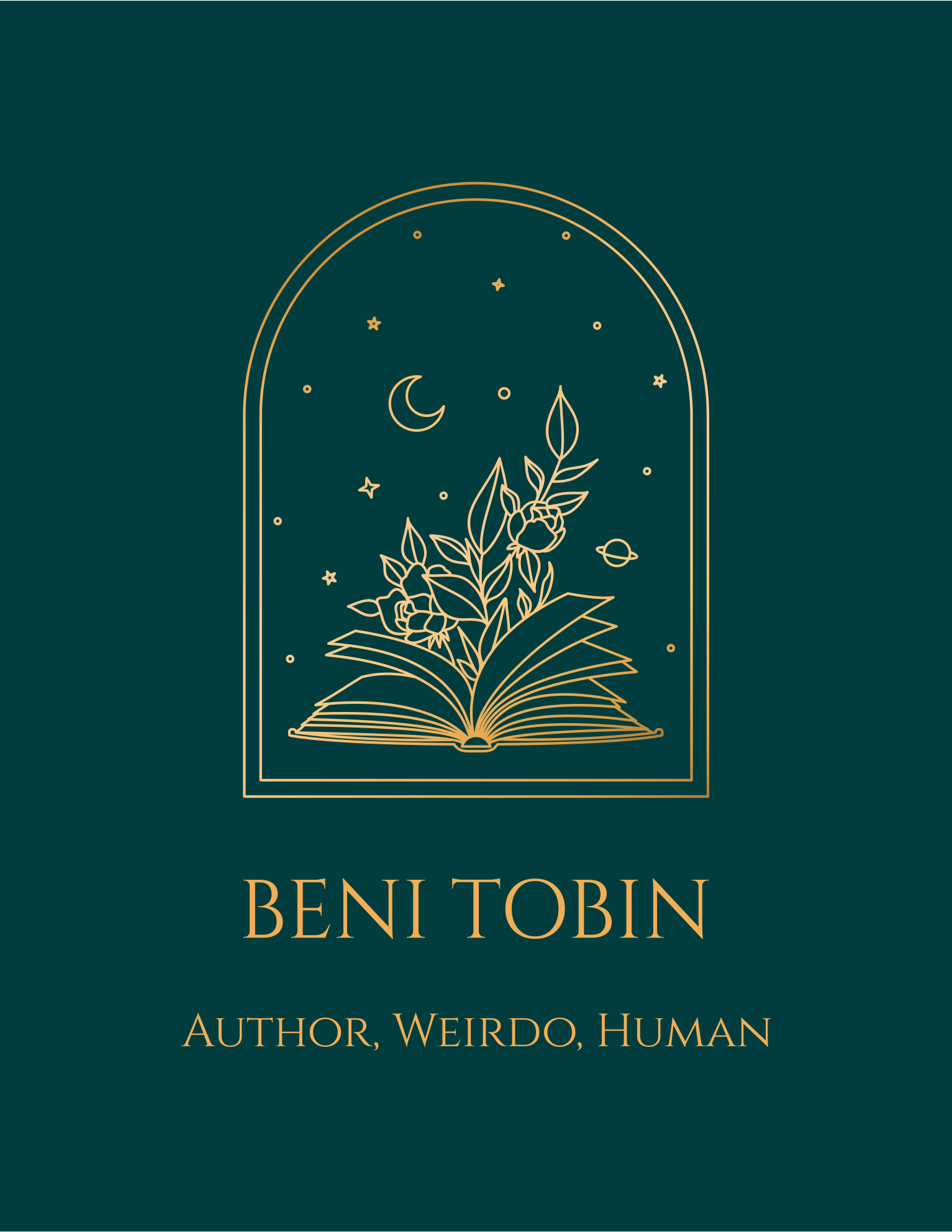Welcome, friends.
My name is Beni Tobin (they/he). I am a transmasculine nonbinary writer located in California. I tend to write non-fiction about parenting and issues impacting the LGBTQIA+ community, creative non-fiction in the form of essays or short stories, and poetry. I am always accepting freelance work, so let’s get in touch!
